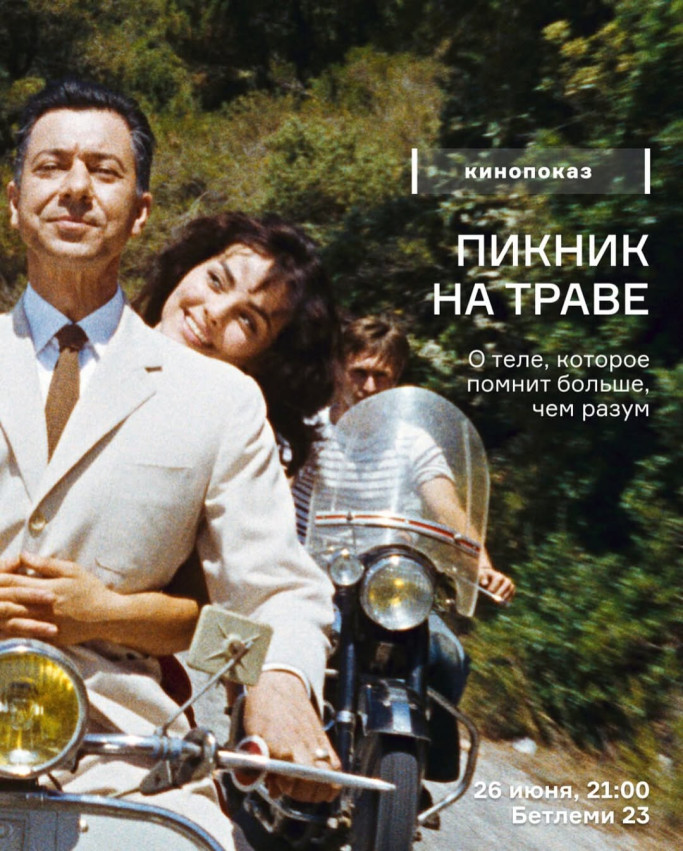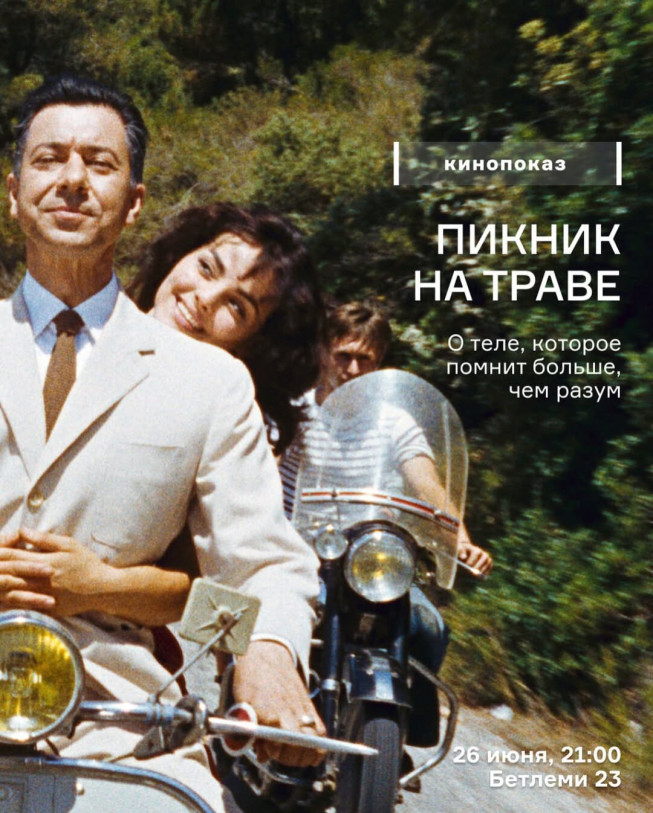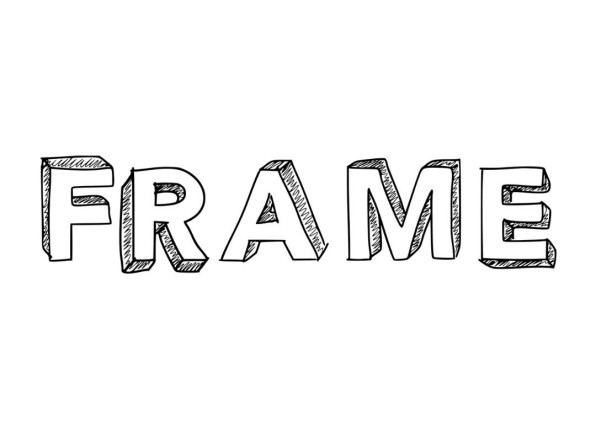 Menu
Menu
-
Experiences
-
Experiences
-
Posters
Menu
-
Categories
-
Places
Menu
- Galleries LICHT Gallery ExpoGeorgia IArt Gallery Dimitri Shevardnadze National Gallery Tbilisi Digital Space
- City sites Mtatsminda Park Mziuri Park Vake Park April 9 (Alexander) garden Shota Rustaveli Avenue
- Children's studios Creative center Art BOOM Tamashobana Happy Kids Art Club Ferdinand farm GinGer
- Ecclesiastical institutions Tbilisi Yoga Loft TBILISI YOGA VILLA Transcendental Meditation Georgia Lumos Yoga Cave
- Event spaces KERA Space Gardenia Shevardnadze Orbeliani Bazaar Fabrika bibliotheque_tbilisi
- Cafe-restaurants Blue Fox Restaurant Tsiskvili Utskho 8000 Vintages Wasserstrasse
- Cinemas Amirani Cinema Cavea City Mall Saburtalo Cavea Grand Mall Cavea Tbilisi Mall Cavea East Point Cavea Galleria
- Concert halls Kakhidze Music Center Monohall MONUMENT Tbilisi Concert Hall Tbilisi Sports Palace
- Lecture halls Terminal Auditoria Colab TBC Concept PRANA
- Museums Georgian Museum of Fine Arts Georgian National Museum Experimentorium Holoseum Zurab Tsereteli Museum of Modern Art
- Nightclubs/bars Love Bar Underwheel club Dedaena Bar KHIDI MTKVARZE
- Educational institutions Institut Français de Géorgie Beka's School BTU The Thinking Academy Japanese Language & Culture Center
- Public organizations Georgian Historic Vehicles Association Georgian-Ukrainian platform (Ukrainian House) The Samaritan Association of Georgia Blood Bank
- Hotels Tbilisi Hills & Residence Pullman Tbilisi Axis Towers Stamba Hotel Sheraton Grand Tbilisi Metechi Palace Holiday Inn Tbilisi
- Sports grounds Dinamo Arena Mikheil Meskhi Stadium Hippodrome Lisi Lake Lilo Arena Paichadze Stadium
- Theaters Nodar Dumbadze Theater (ნოდარ დუმბაძის თეატრი) Tbilisi Circus Royal District Theatre Griboedov Theatre Gabriadze Theatre
-
Categories
-
Posters
-
Categories
-
Places
Menu
- Galleries LICHT Gallery ExpoGeorgia IArt Gallery Dimitri Shevardnadze National Gallery Tbilisi Digital Space
- City sites Mtatsminda Park Mziuri Park Vake Park April 9 (Alexander) garden Shota Rustaveli Avenue
- Children's studios Creative center Art BOOM Tamashobana Happy Kids Art Club Ferdinand farm GinGer
- Ecclesiastical institutions Tbilisi Yoga Loft TBILISI YOGA VILLA Transcendental Meditation Georgia Lumos Yoga Cave
- Event spaces KERA Space Gardenia Shevardnadze Orbeliani Bazaar Fabrika bibliotheque_tbilisi
- Cafe-restaurants Blue Fox Restaurant Tsiskvili Utskho 8000 Vintages Wasserstrasse
- Cinemas Amirani Cinema Cavea City Mall Saburtalo Cavea Grand Mall Cavea Tbilisi Mall Cavea East Point Cavea Galleria
- Concert halls Kakhidze Music Center Monohall MONUMENT Tbilisi Concert Hall Tbilisi Sports Palace
- Lecture halls Terminal Auditoria Colab TBC Concept PRANA
- Museums Georgian Museum of Fine Arts Georgian National Museum Experimentorium Holoseum Zurab Tsereteli Museum of Modern Art
- Nightclubs/bars Love Bar Underwheel club Dedaena Bar KHIDI MTKVARZE
- Educational institutions Institut Français de Géorgie Beka's School BTU The Thinking Academy Japanese Language & Culture Center
- Public organizations Georgian Historic Vehicles Association Georgian-Ukrainian platform (Ukrainian House) The Samaritan Association of Georgia Blood Bank
- Hotels Tbilisi Hills & Residence Pullman Tbilisi Axis Towers Stamba Hotel Sheraton Grand Tbilisi Metechi Palace Holiday Inn Tbilisi
- Sports grounds Dinamo Arena Mikheil Meskhi Stadium Hippodrome Lisi Lake Lilo Arena Paichadze Stadium
- Theaters Nodar Dumbadze Theater (ნოდარ დუმბაძის თეატრი) Tbilisi Circus Royal District Theatre Griboedov Theatre Gabriadze Theatre
Posters
-
Categories
Event already passed

Picnic on the Grass
Picnic on the Grass
23 Betlemi, Tbilisi
Description
In 1959, Jean Renoir — the no less talented son of renowned impressionist painter Auguste Renoir — directed “Picnic on the Grass” (Le Déjeuner sur l’herbe), a satirical comedy exploring the themes of nature, science, and social norms, drawing inspiration from Édouard Manet’s iconic painting.
The film contrasts a futuristic vision of a technologically advanced Europe with the untamed force of nature, symbolized by a picnic that disrupts the carefully planned engagement celebration of a scientist and politician.
The story follows Étienne Alexis, a scientist and political figure who advocates for artificial insemination to improve society. He hosts a celebratory gathering for his engagement, but a storm — mysteriously triggered by a shepherd’s flute — leads him into the path of a free-spirited farm girl named Nénette.
Set in the south of France around the home of Auguste Renoir, the film places the sun-drenched landscapes of Provence at its center — making nature itself one of the main characters. Renoir uses the film to critique the potential dangers of uncontrolled scientific progress and social engineering, while celebrating the seductive and unpredictable nature of human emotions and desires.
The discussion will be led by Andrey Amirov, lecturer in the history and theory of contemporary art and architecture.
Photos and videos

Location
Sign up for the newsletter





